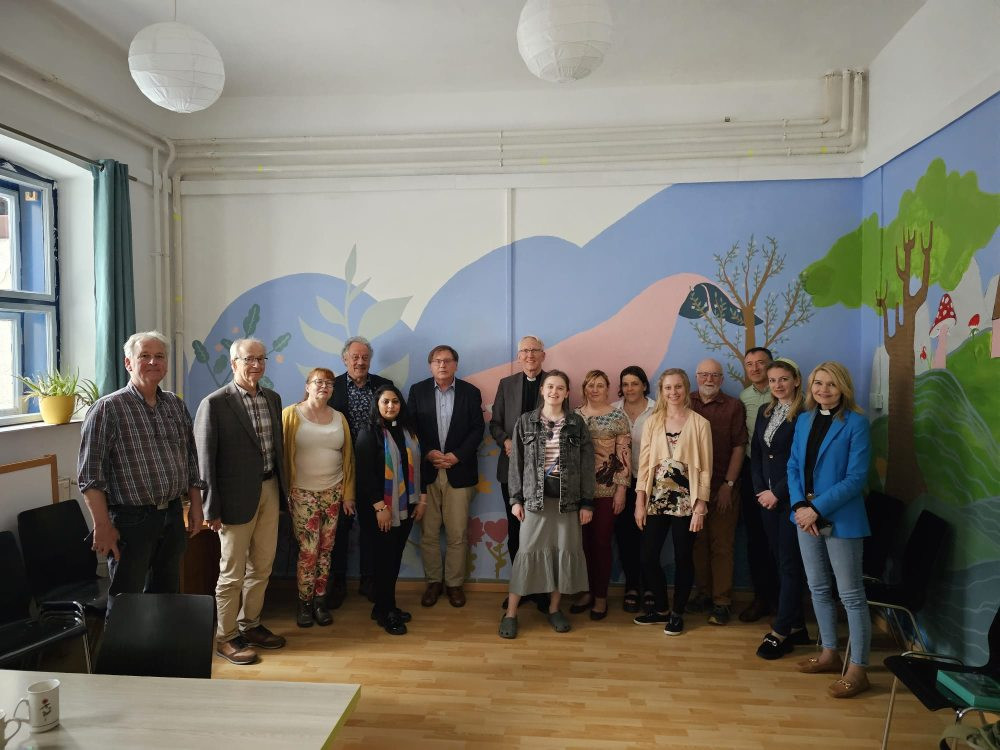The Conviviality Program - Sociability, Workshops in Budapest

09. May 2024.
After several years of studying best practices and challenges in church work on societal transformation, diaconia practitioners in Europe have developed a learning program - Conviviality, aimed at creating more open, hospitable, and secure spaces for people considered as "others" and "different". The program explores how churches' commitment to serving those in need contributes to building societies, politics, and economies that prioritize the well-being of individuals and communities in everyday life. Living together involves the practice of coexistence amid diversity and contradictions in our societies. It revolves around connecting people and mutual learning, aware that shared life in the community does not avoid conflicts and divisions, but finds ways for people to succeed together.
During workshops held from April 8th to 11th in Budapest, representatives of the European Diaconal Process of the Lutheran World Federation (LWF) discussed four key themes of this learning program - Conviviality: Experience, Seeking Sociability, Reflecting on Practice, and Working on Change. These concepts help churches, as well as other organizations and associations, to address personal prejudices and societal structures while emphasizing biblical teachings as guidelines for creating more inclusive societies.
Throughout the workshops in Budapest, members of the working group, including the director of the Ecumenical Humanitarian Organization, visited the Evangelical Lutheran Church in Hungary, known as the Dévai Fogadó community. This center, run by the local community with volunteer support since 2023, assists around 5,000 Ukrainian refugees through various services such as counseling, language courses, educational programs, financial aid, children's camps, and spiritual support. Bishop Dr. Tamás Fabiny also addressed the attendees at these events.